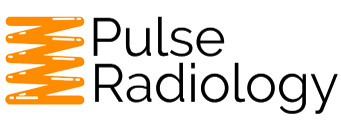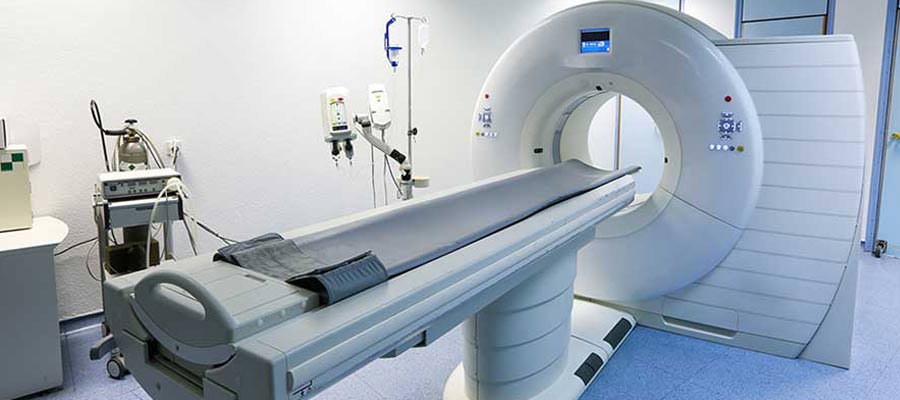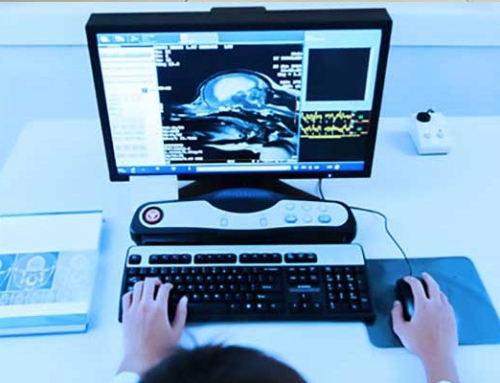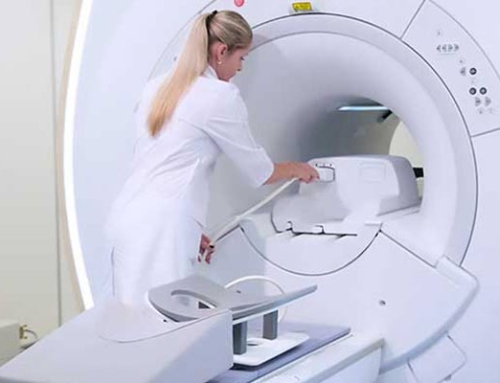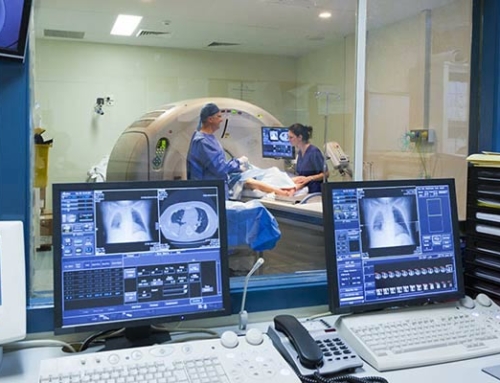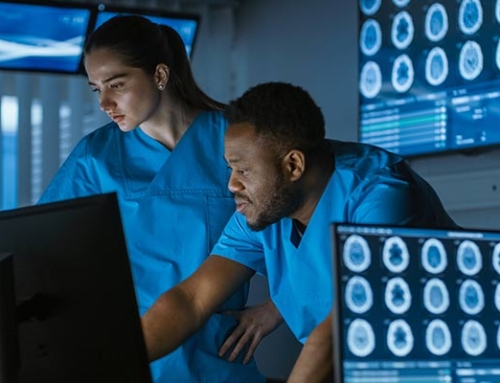As a professional in the field of radiologic science, you are eligible to be an MRI technician if you take the required MRI certification programs. Doing so will also make you entitled to a much higher MRI tech salary, averaging $73,142 annually in the US in 2017.
But how do these certification programs make you an MRI technician? First, they give you ample knowledge and training about this new field that you’d like to pursue. These programs normally include didactic or clinical training about handling magnetic resonance imaging devices and using them correctly to help diagnose a patient’s health problems.
For the credits obtained from MRI Certification Programs to be valid, they must be duly approved for structured education by the American Registry of Radiologic Technologists or ARRT. The ARRT is one of the major regulatory bodies of radiologic technologists. They set the standards for MRI certification and license renewal. In essence, the program you’ll join should give you continuing education credits acceptable to the ARRT.
MRI Certification Programs from Pulse Radiology
Pulse Radiology offers CT and MRI certification programs to train you to become an MRI Tech after 14 weeks. This program is open to all recent graduates with an associate’s degree in radiology and practicing professionals who want to add more to their skill set. Pulse Radiology’s 14-Week Online MRI Programs are comprehensive and include clinical training, which is another major requirement for MRI certification.
The program will lead through a series of modules that are accessible over the internet through Pulse Radiology’s online student portal. Online education is highly recommended to professionals who want to advance in their careers but don’t want to jeopardize their current positions in the company that they are working for.
All necessary educational materials, such as workbooks, modules, and video tutorials, will be provided. Students can easily download and print all the resources they want over the internet. They are also required to take the post-lecture exams, the midterm test, and the mock ARRT exam to be more confident when they take the actual certification test.
But more importantly, they get to practice everything that they learned during the clinical training phase. Here, students are assigned a clinical training coordinator who will oversee their cases remotely and keep them on the right track. The training will be conducted in an imaging center, not a simulation lab. This way, students can interact with real experts in magnetic resonance imaging. They will also help test and diagnose real patients during the course of their training. Pulse Radiology has partnered with over 100 imaging centers across the US for the benefit of its enrollees.
You’ll get these from the Pulse Radiology CT and MRI Certification Programs. Check out the program syllabus to know what topics are covered and what you can expect to learn from them. Upon completion, students are given 25.5 Category A CE credits accepted by the ARRT.
More Info Related to MRI Program

